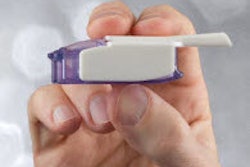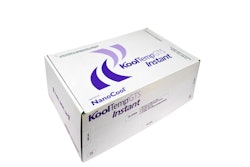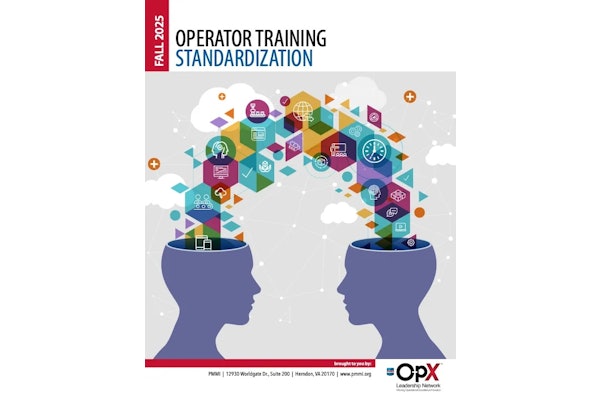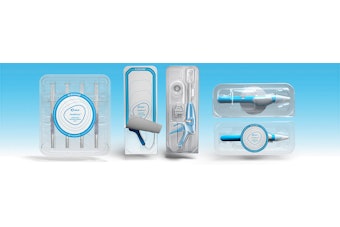In her recent FDA Commissioner’s Page announcing that she will step down as FDA Commissioner at the end of March 2015, Margaret A. Hamburg addressed issues from food safety and labeling to strides in the safety and effectiveness of medical products and medical devices, pointing to a one-third reduction in the time it takes for pre-market review of a new medical device.
Hamburg cited the publishing of the Unique Device Identification (UDI) final rule and the proposed risk-based framework for laboratory-developed tests (LDTs) as recent agency achievements.
Noting a budget that’s increased from $2.7 billion in FY2009 to almost $4.5 billion in FY2015, Hamburg noted that the agency would be in capable hands, saying, “I am pleased that Dr. Stephen Ostroff has agreed to serve as Acting Commissioner when I step down. Since joining the Agency in 2013, and most recently serving as FDA’s Chief Scientist, Dr. Ostroff has successfully overseen numerous significant initiatives, while helping to ensure that scientific rigor, excellence, and innovation are infused across the agency. I have every confidence that he will take on this new role with the same energy, dedication, and care.”
In late January, Hamburg appointed Robert Califf, M.D., a recognized global leader in cardiology, clinical research, and medical economics, as FDA Deputy Commissioner for Medical Products and Tobacco. Califf is considered as a possible permanent successor to Hamburg.
An FDA press release announcing Califf’s appointment said, “In this position, Dr. Califf will provide executive leadership to the Center for Drug Evaluation and Research, the Center for Biologics Evaluation and Research, the Center for Devices and Radiological Health, and the Center for Tobacco Products. He will also oversee the Office of Special Medical Programs in the Office of the Commissioner. Dr. Califf will play a critical role in providing high-level advice and policy direction on the agency’s medical product and tobacco priorities and will manage cross-cutting clinical, scientific, and regulatory initiatives in several key areas for the agency, including personalized medicine, orphan drugs, pediatric science, and the advisory committee system.”
Media responses
A Feb. 4, 2015 column at Time.com noted that Hamburg inherited the agency “at a moment of crisis, she endured a few scandals of her own while stabilizing the agency, so her departure after such a long and challenging tenure is not necessarily a surprise.”
The article’s author, Massimo Calabresi, noted that the FDA Commissioner is nominated by the President and requires Congressional approval. The article noted, “More changes at the powerful agency may be in the works.”
In a “Health & Science” column posted at www.washingtonpost.com, author Brady Dennis pointed out that while Hamburg had both her share of supporters and critics, she “has dealt with the safety of drugs made in India and food imported from China.
“Perhaps most significantly, the FDA in recent years has streamlined drug approvals. Last year alone, the agency approved 51 new drugs and biologics, many of them designated as ‘breakthrough’ therapies for cancer and other conditions.”
WSJ.com’s Feb. 5 piece on the subject authored by Thomas M. Burton quoted former FDA Commissioner Dr. David Kessler: “Peggy cared deeply about the science of the agency,” said Dr. David Kessler, who served as FDA commissioner under both Republican and Democratic presidents. “She fought valiantly and did advance the public health.”
What’s your take on Hamburg’s resignation and the future of the FDA? Let us know here.





















